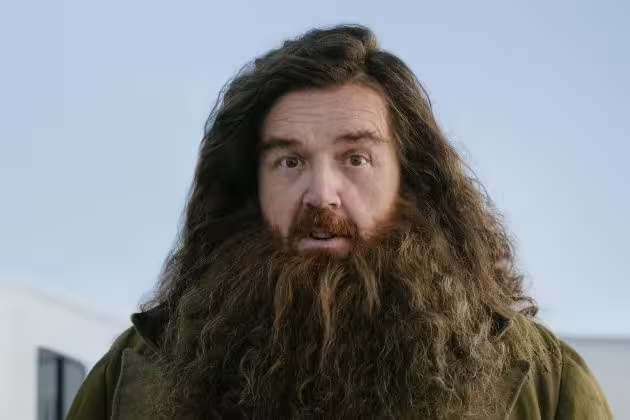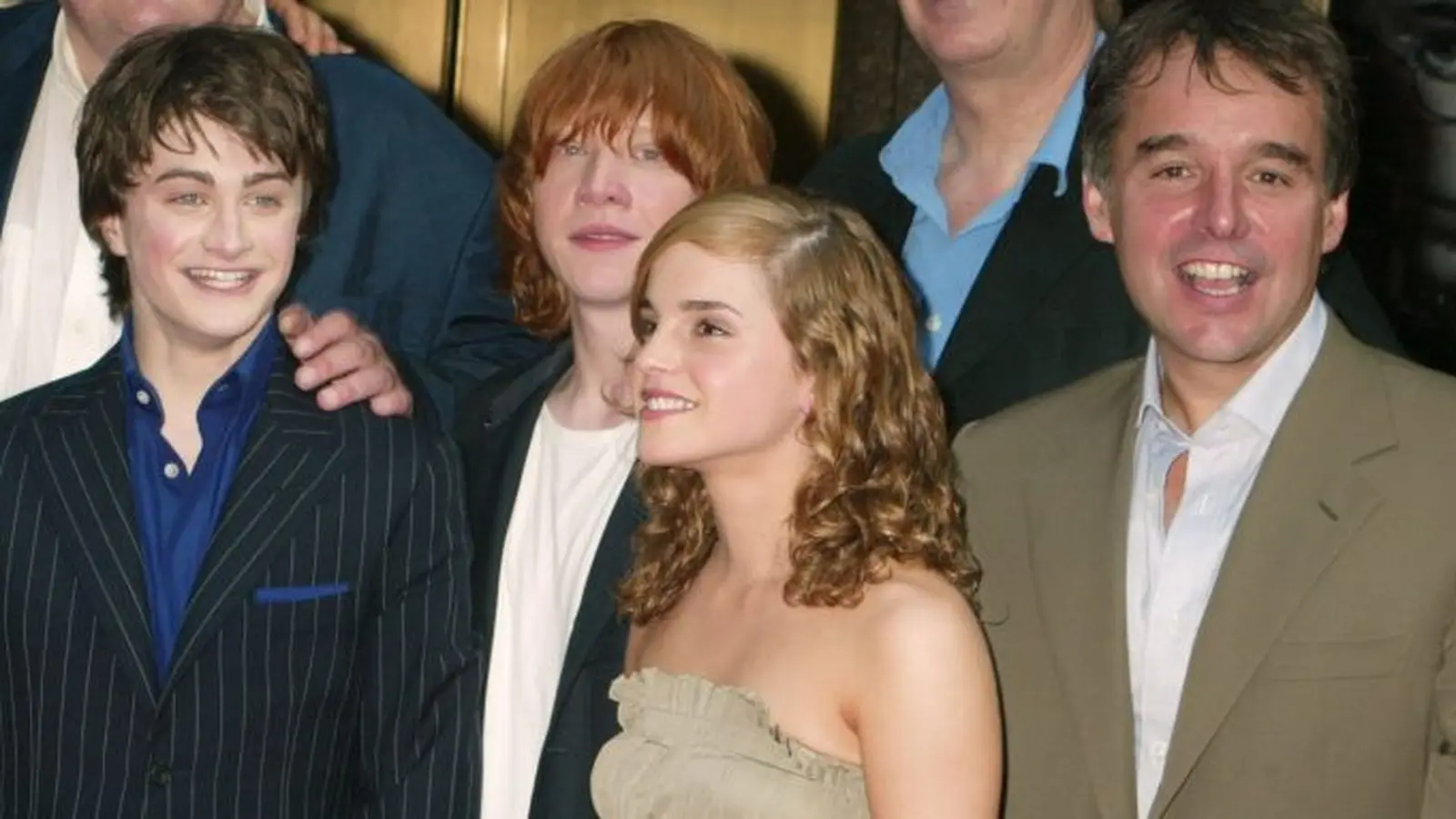5 Minutes
Chris Columbus reacts to HBO’s Harry Potter series
Chris Columbus, who helped define the cinematic look of the original Harry Potter films, has voiced a mixture of curiosity and bemusement after seeing on-set photos from HBO’s ambitious television remake. The director of Harry Potter and the Sorcerer’s Stone and Harry Potter and the Chamber of Secrets told The Rest Is Entertainment podcast that images of Nick Frost as Hagrid — and the body double sporting a near-identical costume — left him asking, “What’s the point?”
Deja vu over Hagrid’s costume and the challenge of remaking a classic
Columbus’ reaction captures an odd tension in modern franchise filmmaking: reverence for an established visual language versus the expectation that a reboot or extended adaptation will bring something genuinely new. After more than two decades of fandom around Daniel Radcliffe, Rupert Grint, Emma Watson and Robbie Coltrane’s towering Hagrid, seeing a familiar costume palette on a new production naturally raises the question of whether the HBO series will offer fresh storytelling or simply repeat what worked in the films.
Visual continuity and creative choices
On one hand, the similarity is flattering to Columbus — he recognized the costume as the one his team originally designed. On the other, it signals to viewers that the producers are consciously honoring the look and tone many associate with J.K. Rowling’s world. Costume design can anchor an audience in nostalgia, but it can also heighten expectations that the series will lean heavily on established aesthetics rather than reinterpret them.
Context: TV adaptations of beloved films and franchises
HBO’s decision to adapt the Harry Potter novels as a series follows a broader industry trend where studios expand cherished IP into long-form television — a path seen with Amazon’s Lord of the Rings series, HBO’s own Game of Thrones prequels, and numerous comic-to-TV transitions. The appeal is obvious: a serialized format allows deeper exploration of character arcs, worldbuilding, and subplots that a two-hour movie can’t accommodate. Columbus acknowledged that the books might benefit from a “bigger canvas,” but said he wasn’t jealous: “It’s time to move on.”

Comparisons with Columbus’s earlier work
Columbus shaped the early tone of the cinematic wizarding world, blending family-friendly wonder with Gothic production design. Comparing the original films to HBO’s approach invites questions about pacing (episodic versus cinematic), fidelity to source material, and how much homage is permissible before a remake becomes imitation.
Fan reaction, controversy, and the broader cultural conversation
Fan response to the leaked photos has been mixed. Many viewers are excited to see a new take and the chance to dive deeper into the novels’ details; others worry that visual parity with the films will mute the series’ ability to surprise. Columbus has also been a vocal critic of J.K. Rowling’s public statements on transgender issues, and he called her views “very sad.” That comment adds another layer to the debate over revisiting the franchise as the cultural baggage of its creator remains a live issue.
Behind-the-scenes trivia
Interesting detail: HBO has reportedly been meticulous about practical sets and on-location shooting in the UK to capture an authentic British atmosphere — an element that helped the early films resonate globally. And while Robbie Coltrane’s Hagrid remains iconic, casting Nick Frost signals the show will recast many roles rather than attempt mimicry by the original actors.
Critical perspective and industry insight
There’s legitimate industry reasoning for the series: streaming platforms prefer serialized IP that retains subscribers over months and seasons, and Harry Potter’s built-in audience is extremely valuable. But creative risks matter. If the adaptation merely replicates costumes and staging, it may not justify its existence beyond commercial logic.
Film critic Elena Márquez, a cinema historian, says: 'A faithful design gives fans a warm first impression, but long-form adaptations succeed when they use that familiarity to subvert expectations or expand character psychology. The real test will be whether the series earns its runtime by deepening the narrative rather than recycling it.'
Conclusion: nostalgia, reinvention and what to watch for
Chris Columbus’s candid reaction is a useful prompt for an audience hungry for both comfort and innovation. HBO’s Harry Potter series has the advantage of time and scale — and with that comes responsibility. If the show leans too heavily on established visuals like Hagrid’s costume, viewers may rightfully ask whether the remake contributes anything meaningful to the wizarding world. Conversely, a balance of reverence and reinvention could transform nostalgia into a richer, more textured experience for both longtime fans and newcomers.
For cinephiles and series-watchers, the takeaway is simple: keep an eye on casting choices, script fidelity, and whether the show uses its expanded format to illuminate new facets of the story. The costume may feel familiar, but the storytelling still has the power to surprise.
Source: deadline



Leave a Comment